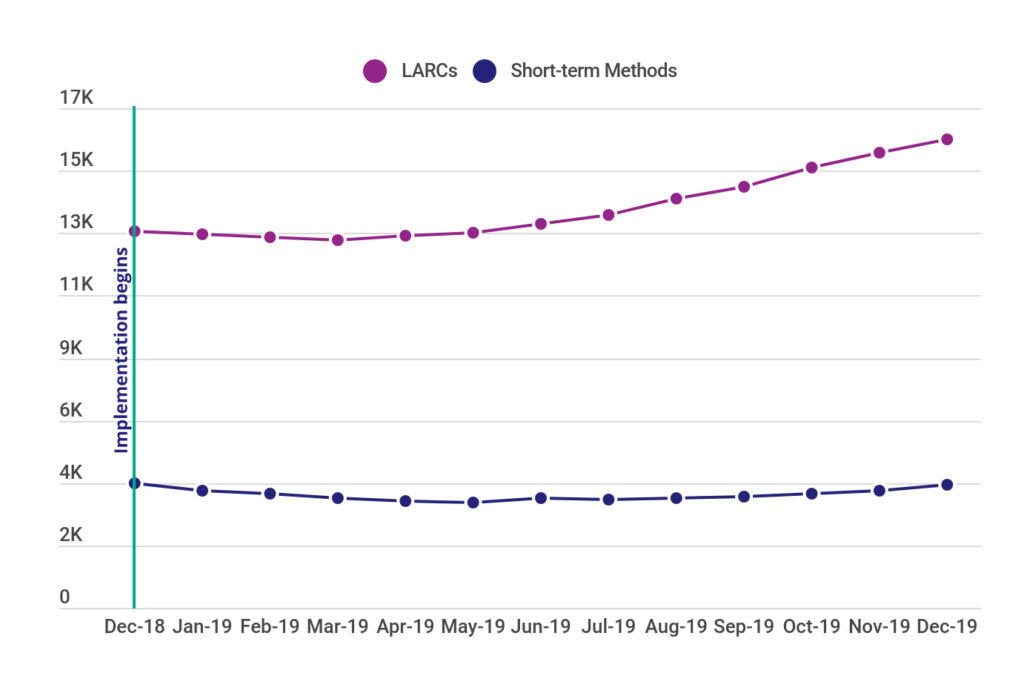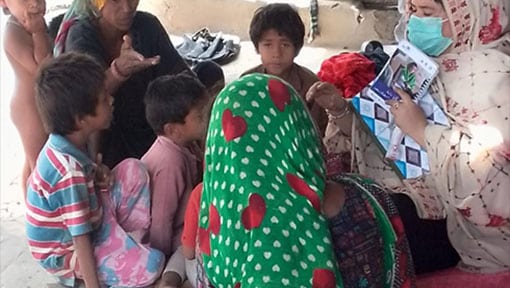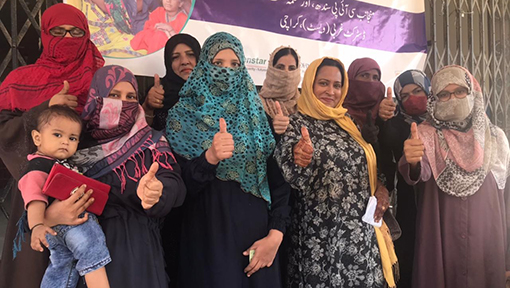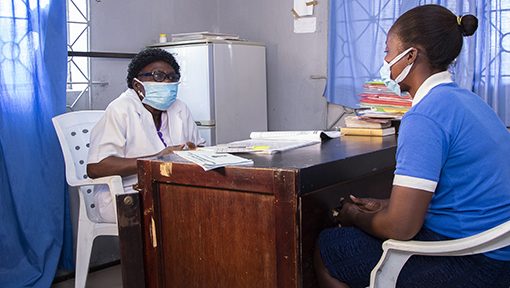Family Planning Access Improves When Zigunichor’s City Government and Health System Collaborate
Contributors: Hawa Talla and Sarah Brittingham

Dr. Maodo Malick Diop, the Ziguinchor region’s Chief Medical Officer.
Ziguinchor, a city in southern Senegal, has historically struggled to meet its family planning targets. One of the reasons may be that the health system and the city government did not collaborate to support family planning interventions. While the city government was providing medications to districts, those did not include family planning commodities. Meanwhile, the health system received limited support from international and national non-governmental organizations (NGOs).
After The Challenge Initiative (TCI) began supporting Ziguinchor in December 2018, it coordinated a new family planning collaboration agreement between the city and the health system, initiating a fruitful partnership. The agreement clarifies objectives, expected results, and roles and expectations of each sector to ensure an effective working relationship and joint accountability.
“TCI taught us how to work with the city and showed us how to mobilize key actors for FP and maternal health programs,” said Dr. Maodo Malick Diop, the region’s Chief Medical Officer.
Since joining TCI, Ziguinchor has made unprecedented contributions to support reproductive health. The city’s increased financial contribution has filled critical gaps in health system funding to enable demand generation activities and improve the quality and availability of services.
“Until TCI arrived, the city did not fund FP activities and was not involved in promoting FP,” Diop noted.
Newly available funds from the city allowed the health system to hire two midwives specially trained to serve adolescents and youth, organize family planning groups for adolescents and youth, and purchase contraceptives to meet demand from Family Planning Special Days – a TCI proven approach. To improve service delivery, city funds combined with TCI’s Challenge Fund enabled the health system to strengthen provider capacity in TCI’s signature universal referral approach, long-acting reversible contraceptives (LARCs) and in serving adolescents and youth.
As of December 2019, HMIS data from Ziguinchor reveal a 24% increase in annual family planning client volume, reversing a negative trend from its lowest point in March 2019. Similarly, for LARC clients, there was a 28% increase. The data suggest that the incorporation of TCI’s proven approaches in Ziguinchor’s annual action plan has contributed to the improvements in the city’s family planning indicators.
Percentage Increase in Annual Family Planning Client Volume

This graph represents the increase in annual family planning client volume (Source: HMIS). To prevent overestimation of short-term methods, the HMIS data has been adjusted using standard “couple-years of protection,” (CYP) which is the total estimated protection provided by contraceptives in a one-year period. To account for seasonal variations, the data represents a 12-month average for short-term methods and a 12-month rolling sum for long-term. Thus, an increase in the trend means that the latest month outperforms the same month from last year.
In addition, these results are inspiring neighboring communes to join TCI in expanding access to reproductive health for Ziguinchor’s women, men and youth. In its second year, the Ziguinchor program is expanding to include a new commune, Thionck Essyl, for a total of four out of five communes covered.






